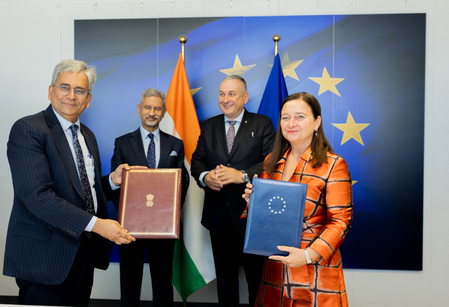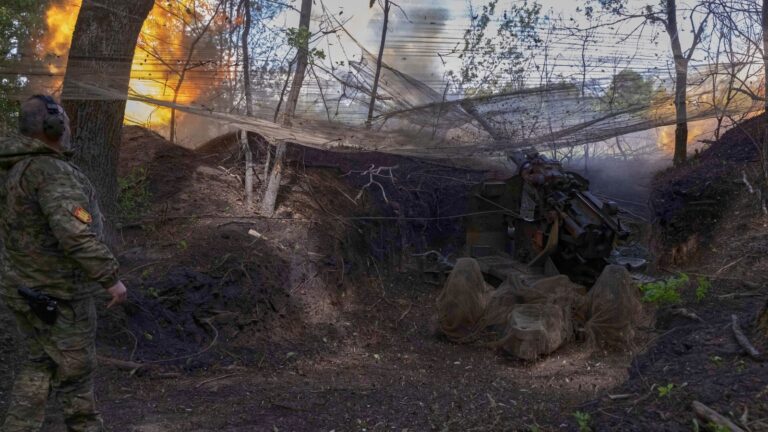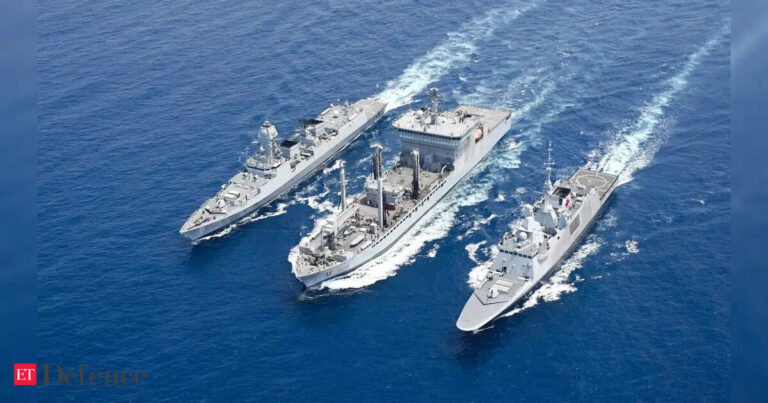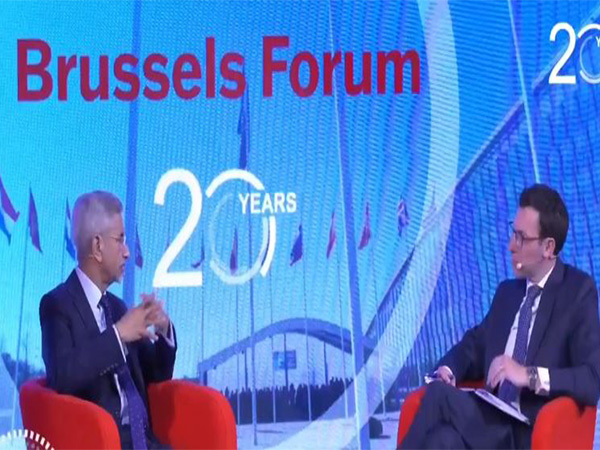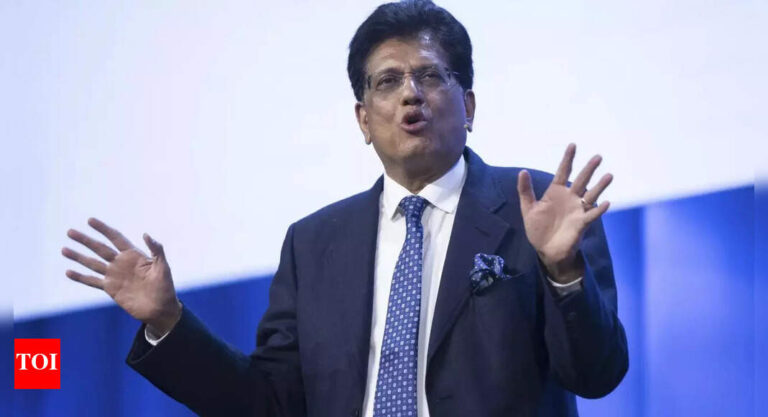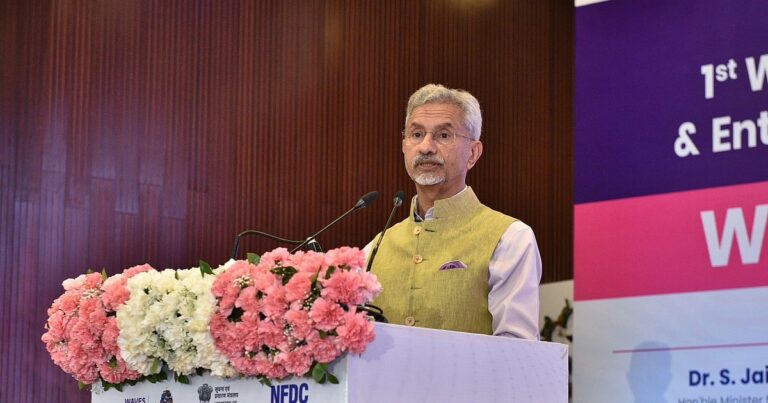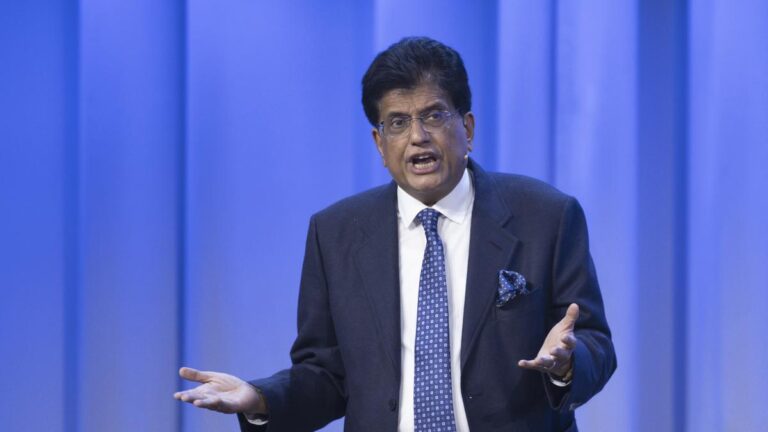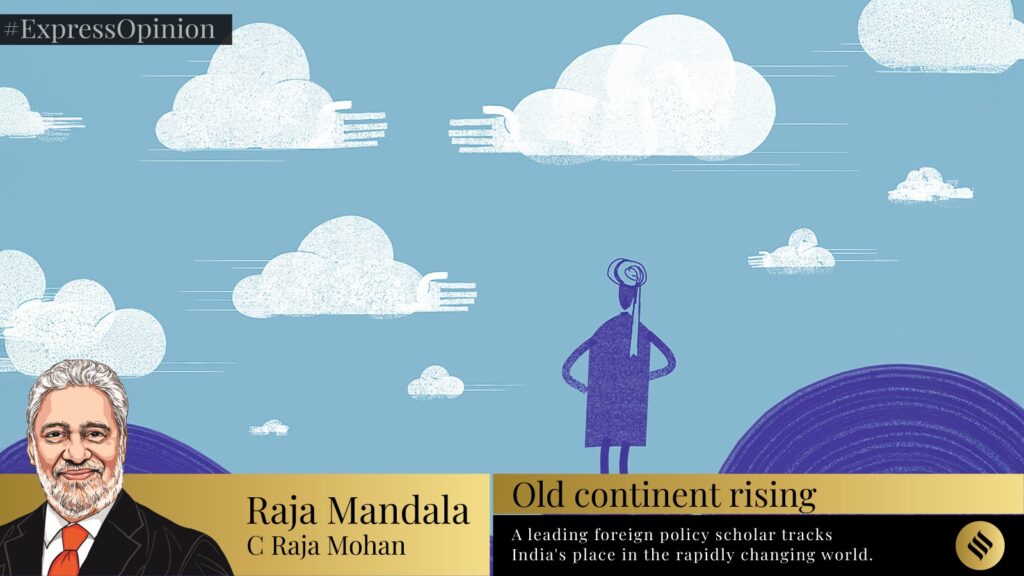
The visit of the Minister of External Affairs Jaishankar to Europe this week and the trip of Prime Minister Narendra Modi to Canada for the G7 summit offer an opportunity to engage with the growing divergence in the west in the Trump era. Modi also visits Cyprus and Croatia, highlighting India’s growing interest in Mediterranean Europe.
Delhi’s new concentration on Europe recognizes the emerging role of the old continent as a potential swing state in changing dynamics among the great powers – the United States, Russia and China. The new possibilities for strategic cooperation in India and more deep Europe are just as important. Jaishankar’s visit aims to accelerate strategic dialogue with the EU while strengthening the long -standing partnership with France and strengthening links with Belgium. The frequentation of the G7 of Modi’s G7 goes beyond the reset of bilateral links disturbed with Canada – it offers a chance to recalibrate relations with a Western world undergoing a rare upheaval.
The G7 has long been the voice of the collective West, establishing standards for global economic governance, security and political values. This elite club of industrial democracies – the United States, Canada, the United Kingdom, Germany, France, Italy and Japan – has undoubtedly been much more substantial than the CSNU. The 2025 summit meets in the middle of the deepening divisions within the G7. Since the last summit organized by Canada in 2018, when its European colleagues have faced a provocative Donald Trump, these divisions have intensified. Unlike his predecessor Joe Biden, who has focused on alliances and partnerships, Trump considers allies as “free horsemen” who benefit from American security commitments but do not pay their just part of the collective burden of the West. He also believes that allies have exploited America through unfair commercial practices.
India must put Trump’s ambiguity into perspective in his recent conflict with Pakistan. Trump rejects NATO – which America established in 1949 after having spent a lot of blood and treasures in the world wars – and shows little respect for the five eyes, the Anglo -American alliance historically tight prior to NATO. His suggestion that Canada becomes an American state illustrates how it has lowered Western unity and disputed long -standing alliances. It should not be a surprise if it puts aside the previous one for the essay of Washington of Delhi and Islamabad.
Trump’s return to the White House launched the G7 in disarray. While the United States remains at the heart of the group, its West leadership has been part of a cloud. Trump’s reluctance to defend the sovereignty and eagerness of Ukraine to deal with the Russian leader Vladimir Putin alarmed European alarms – in particular Germany, France and the United Kingdom – creating a fundamental rift within the G7.
As a host of the summit in 2025, Canada assumed a broader diplomatic role as a result of its unresolved political tensions with Trump. Ottawa must now reconsider its strategic calculations, historically linked to the United States. Prime Minister Mark Carney’s invitation to Modi is part of a new effort to diversify international relations in Canada. The same goes for its Europe’s nuptial parade. Ottawa negotiates a historic defense agreement with the EU to reduce its dependence on American security guarantees. Thanks to the EU Readiness 2030 EU initiative and advocacy for joint critical mineral strategies, Canada develops a more aligned transatlantic identity with Europe.
Under Keir Starmer, the United Kingdom – formerly the champion of transatlantism – reorients itself towards Europe. While Brexit aimed to revitalize the English, the United Kingdom’s defense pact 2025 United Kingdom recognizes the strategic importance of Europe for Great Britain. Under Friedrich Merz, Germany has ended decades of strategic passivity. The constitutional reforms of debt braking now allow massive defense and investment in infrastructure, positioning Germany for European security leaders. Berlin’s double strategy – Reaffirm NATO’s commitments while recommending European strategic autonomy – demonstrates both realism and ambition. The promotion well known by Emmanuel Macron of European “strategic autonomy” has acquired a new advantage in the second presidency of Trump. France proposes to extend its nuclear umbrella compared to European partners and wishes to extend the defense capacities of Europe in partnership with Germany.
Returning from the Trump shock and the Russian invasion of Ukraine, the United Kingdom, France and Germany have intensified security collaboration. An increase in Poland is now among the main European powers. The Weimar triangle of France, Germany and Poland emerges as a powerful force in Central Europe. Even if they assume greater responsibility for European security, Great Britain, France, Germany and Poland are looking for an extended presence in Asia and Indo-Pacific. Japan, the only Asian member of the G7, has long pleaded for European commitment to Asian security in the midst of China’s assertion. Despite its ambivalence towards China, Europe spreads its bets with deeper links with Anase, Australia, India, Japan and South Korea.
The India-Europe relationship began to spend margins at the center of major power relations for Delhi and Brussels. The thrust of Europe to strategic autonomy aligned with the vision of the world of India. The India-Europe free trade agreement, formerly improbable, is now at hand. The East-Europe economic corridor of India offered aims to reshape Eurasian connectivity and to secure alternative supply chains in the middle of the American-Chinese rivalry. The EU EU Commerce and Technology Council (TTC), created in 2023, advances cooperation in AI, quantum IT, outdoor space and green technologies.
The Réaroir de l’Europe plan (2025), targeting 800 billion euros for the modernization of defense by 2030, creates safety collaboration with India. India’s participation in the EU defense mechanisms marks a transaction of transactional transactions on weapons to co-development.
For Europe, India has become an important part of its strategy of economic and military diversification. For Delhi, Europe offers an essential depth to the high power relations of India. Together, they can improve the prospects of a world multipolar order in the midst of growing signs of bipolar domination by the United States and China. India and Europe also have their task while America turns inward and unpredictable.
The writer is a distinguished scholarship holder at the strategic and defense research council and editor -in -chief on international affairs for the Indian Express

